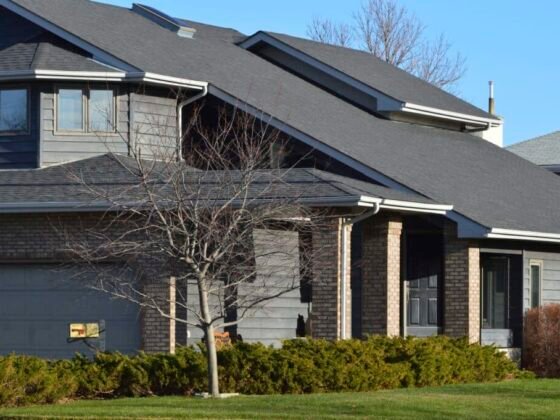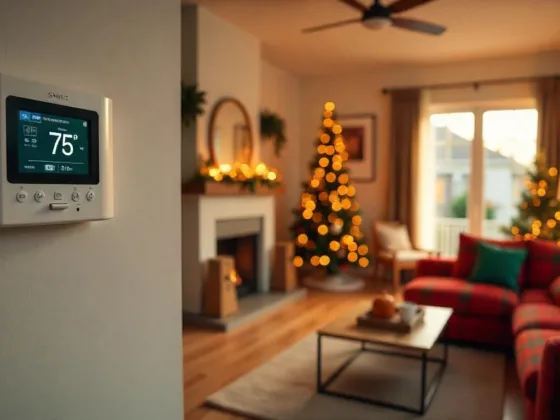Table of Contents Show
A pool can be a significant investment that needs regular care to stay functional. If you don’t maintain your pool, it might wind up costing you thousands of dollars in repairs. Without maintenance, a pool can also become hazardous for swimming. According to All Weather Pool Service, the suggestions we have provided here will keep your pool in tip-top condition.
Pool Maintenance Guide
● Check the Water Filtering System
The backbone of your whole pool setup is your filter system. The filtering system maintains the cleanliness and circulation of the water in your pool. The component that will make the water flow toward the pool filter is the pool pump. Any grit, debris, and pollutants that might lower the quality of your water will be captured by the filter.
Checking the water filtering system ranks highly among the winter pool cleaning tips. Anyone swimming in your pool is kept safe from damage by the filter because it renders the water safe by preventing the growth of germs and algae. Your pool’s water will become hazy and contaminated if your filtration system fails. To avoid that situation, diatomaceous earth (DE) filters, sand filters, and saltwater chlorinators are all widely used.
● Vacuum the Pool to Remove Debris
Cleaning your pool will have a significant impact on your health. Maintaining a spotless pool helps you avoid getting sick from pool water. Pool vacuums and indoor carpet vacuums operate quite similarly. With a pool vacuum, you can quickly remove algae and debris from your pool.
Winter pool maintenance experts recommend that you give your pool a complete vacuum cleaning at least once a week, even if you are not using it during the winter season. You should also brush the flooring of your pool to get rid of filth. Skim the top of the water to get rid of leaves and other dirty objects.
● Clean the Pool Walls
Every type of pool, whether they are made of fiberglass, concrete, or vinyl, has walls that are always in touch with the water. An incorrect chemical balance in the water makes it much simpler for bacteria and algae to begin growing and flourishing inside the pool.
These contaminants have the potential to damage your pool walls and make the water hazardous to your health. You should make it a point to scrub the walls of the pool every three weeks in order to get rid of any bacteria or algae development.
● Maintain Chlorine Balance
Using chlorine in the pool water is an easy solution to avoid a lot of issues. If a strong fragrance or stinging eyes make you think that the chlorine levels in the pool are excessive, you may use a home test to be sure. Chlorine does not instantly destroy bacteria, but it is still required regardless of the kind of chemicals you select for the hygiene of your pool.
Chlorine is necessary for even saltwater pools and is the most well-known and dependable pool cleaning agent. The good news is that chlorine will not corrode your pool plumbing, nor will it stain the surface of your pool.
Final Remarks
Cleaning the water in your swimming pool doesn’t have to be difficult. Every pool is unique and requires different maintenance methods. The steps mentioned above will make the process of pool maintenance easy and simple. Follow these steps regularly to guarantee that your pool lasts for many years and is in perfect condition without the need for repair.










